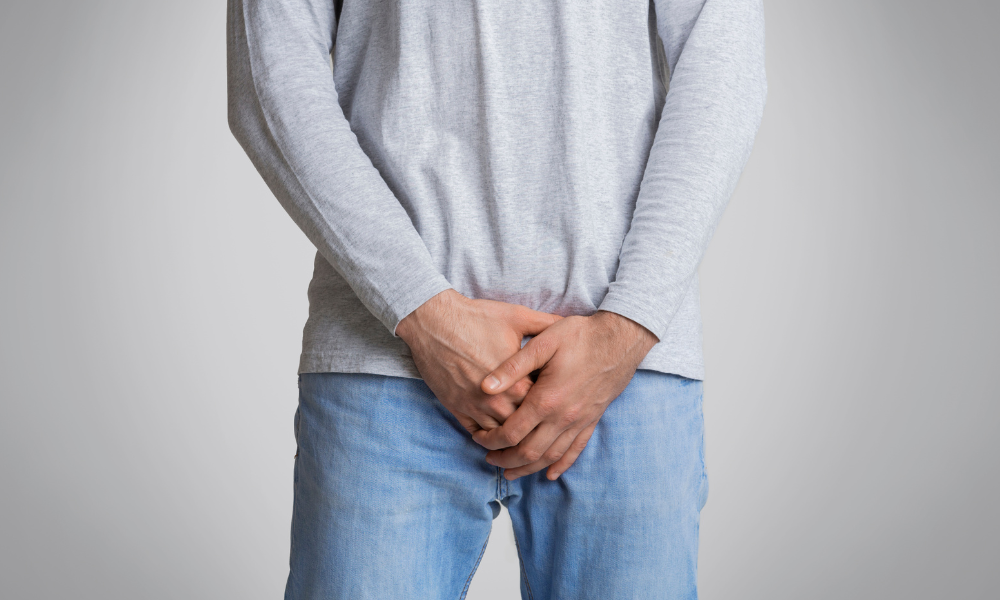What is Interstitial Cystitis?
Interstitial cystitis, also known as bladder pain syndrome, is a chronic condition of the bladder. This condition causes long-term pain and discomfort in the bladder and pelvic area. Patients often experience an urgent and frequent need to urinate, which can significantly affect their daily lives.
Causes of Interstitial Cystitis
The exact cause of interstitial cystitis is still unknown. Researchers suspect that several factors may play a role, such as:
- Damaged bladder mucosa: A damaged protective layer of the bladder can lead to irritation and inflammation.
- Autoimmune reactions: The immune system may mistakenly attack the bladder.
- Genetic factors: Heredity may play a role in susceptibility to this condition.
- Infections: Previous urinary tract infections may contribute to the development of interstitial cystitis.
Symptoms of Bladder Pain Syndrome
The symptoms of interstitial cystitis vary from person to person, but the most common include:
- Chronic pelvic pain: Constant pain in the lower abdomen and pelvic area.
- Frequent urination : The need to urinate often, sometimes up to 60 times a day.
- Urgent need to urinate: A sudden, intense urge to urinate.
- Painful urination: Discomfort or pain during urination.
- Pain during intercourse: Sexual activity can be painful.
Diagnosis of Interstitial Cystitis
Diagnosing interstitial cystitis can be challenging, as the symptoms are similar to other conditions such as urinary tract infections or bladder stones. Doctors often use a combination of methods to make an accurate diagnosis, including:
- Physical examination: Examination of the pelvic area and bladder.
- Urine test: To rule out infections or other conditions.
- Cystoscopy: A visual inspection of the bladder using a thin, flexible tube.
Treatment Options for Interstitial Cystitis
There is currently no definitive cure for interstitial cystitis, but several treatments can relieve symptoms:
- Medication: Anti-inflammatories, painkillers, and antidepressants can reduce pain and inflammation.
- Physical Therapy: Pelvic floor therapy can help relax the muscles around the bladder.
- Dietary changes: Avoiding certain foods such as caffeine and citrus fruits may help relieve symptoms.
- Bladder instillations: The insertion of medicinal solutions
Conclusion
Interstitial cystitis is a complex and painful condition. Although there is no cure, the right treatments and lifestyle changes can help manage symptoms. Always consult a medical professional for advice and treatment.



















